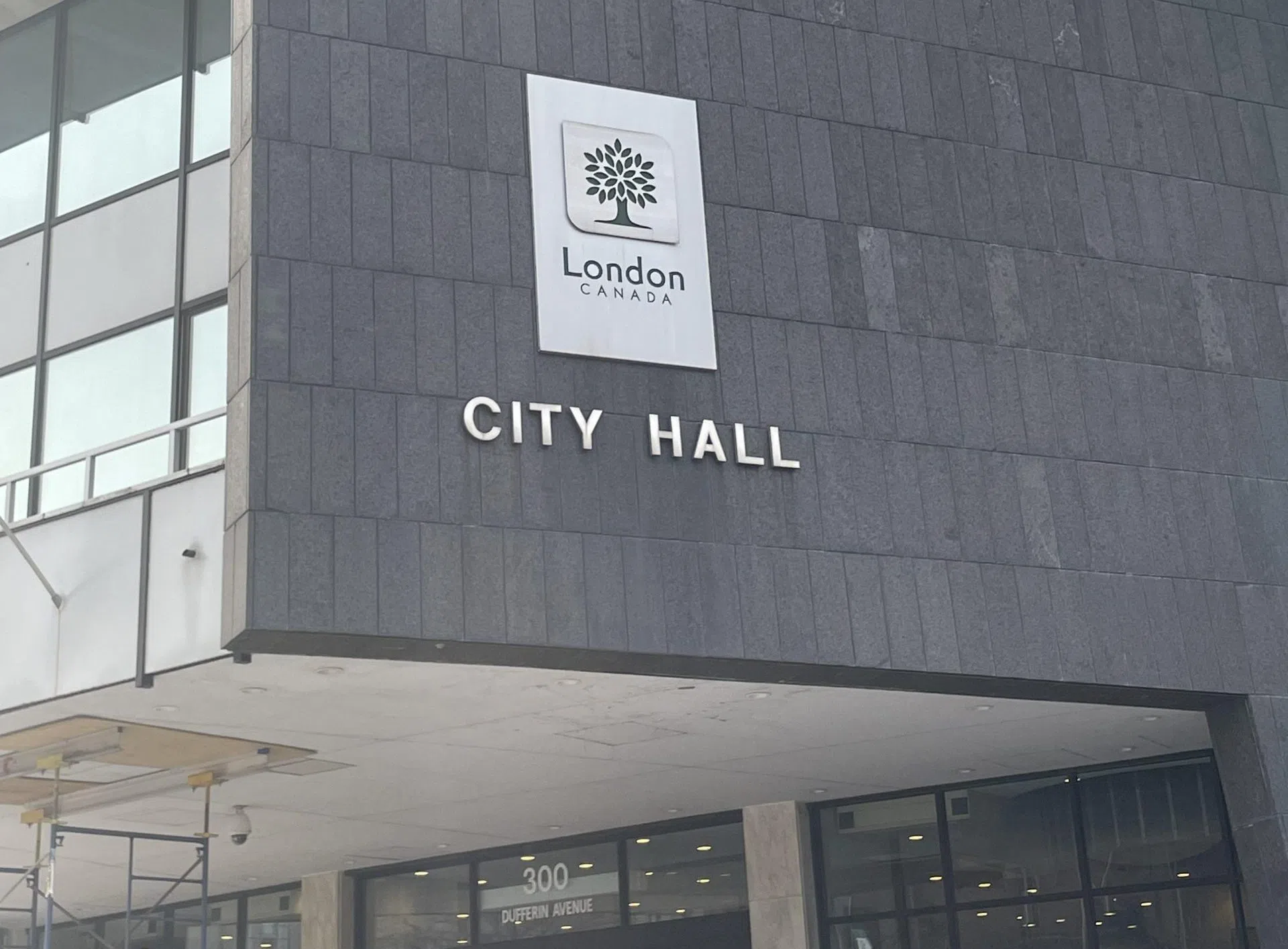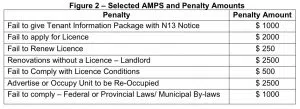
London City Hall (credit: XFM News) The approved bylaw amendments lay out new red tape for landlords doing renovations and penalties for those who don't follow proper procedures
London’s Community and Protective Services Committee has approved a series of bylaw amendments in an effort to curb ‘renovictions’—the unethical use of an N-13 notice to evict tenants before starting renovations or repairs, often in an attempt to charge higher rents from new tenants.
“There is a terrible problem,” says lawyer and tenant advocate, Karen Andrews, in her address to the committee. “There is a loophole you can drive a truck through. You need to pursue more robust solutions. People are suffering. Affordable housing is disappearing, as we speak.”
Landlords who wish to issue an N-13 to tenants will now have to navigate more red tape with the city, including spending $600 on a license for each unit they wish to renovate, and submitting a professional opinion, from an engineer or architect, explaining why the tenant will need to vacate the premises while they are being renovated.
If a landlord fails to comply with the new rules, the new bylaws will lay out a series of penalties, including fines ranging from $250 to $2500 for first-time offences.

An outline of the proposed penalties for landlords who do not follow procedures (credit: City of London)
Members of London ACORN, a housing advocacy group, joined the meeting to speak to committee members after holding a small protest outside of City Hall. In their view, the proposed amendments do not go far enough.
“How much more of your constituency do you need to hear from to do the right thing?” asked Jordan Smith, chair of the Carling-Stoneybrook ACORN branch. His passionate address to the committee elicited a warning from Councillor David Ferreira to tone down his disparaging comments towards city staff.
His concerns were mainly with the robustness of the proposed bylaw amendments compared to a similar initiative in Hamilton, which has served as a case-study for fighting ‘renovictions’ here in London.
“This council relies on city staff to give you a full robust picture of what these bylaws could actually look like and how they could be implemented effectively.” Smith said. “And, what you have in this report, is not that.”
The main issue that community members (and some councillors) had with the proposed changes was the lack of any provisions requiring landlords to provide either alternate accommodations to tenants during renovations or a rent top-up, if a tenant has to temporarily move to a more expensive unit.
Councillor Hadleigh McAlister spoke to his colleagues about his support for just such a measure, and had hoped to refer the proposal back to staff to put together a new report taking these considerations into account.
“This is impacting people’s lives,” McAlister says. “It’s absolutely devastating–it’s putting people on the street, quite frankly.”
The other councillors were not swayed.
“I would love to have the top-ups, the alternative accommodations,” says Councillor Ferreira. “But, from what I understand, this is beyond the jurisdiction of the municipality.”
After hours of discussion, councillors voted to approve the recommended bylaw amendments as presented in the report, with no provisions for alternative accommodations or rent top-ups. This recommendation now goes to the full city council on Tuesday, Sept. 24 for final approval.



